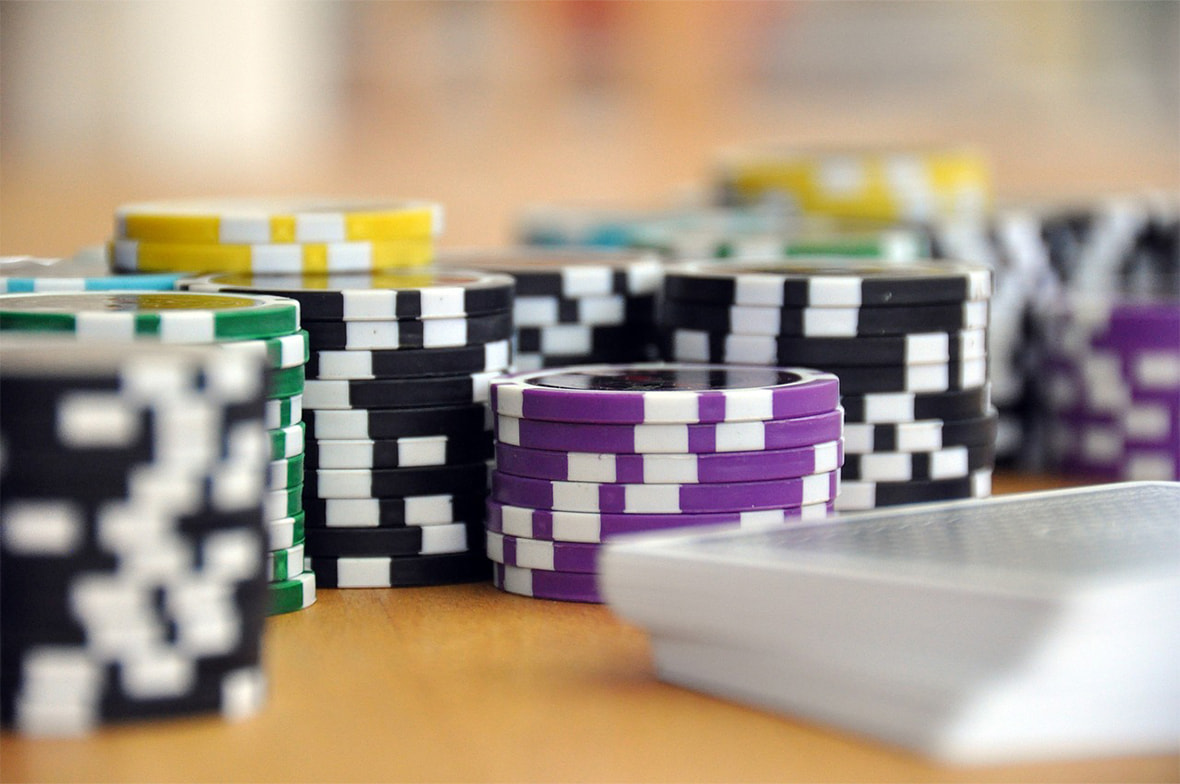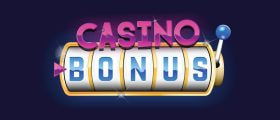What is “House Edge” and How Does it Work?
June 15, 2024 Stephen CharlesworthFor those of you who like to frequent UK online casinos, you’ve probably come across values pertaining to the “house edge” of a game. In this article, we will define the term “house edge” and we will discuss in detail how payout rates work for games found at online casinos.
What Does “House Edge” Mean in Gambling?
The term “house edge” is used extensively in gambling, both land-based and online. It refers to the amount of money invested in a game by the players’ pool, expressed as a percentile value, which is kept by the establishment, whether that establishment is a land-based casino or an online casino.
House edge is also often referred to as the mathematical advantage of a game.
In case this definition sounds too complicated, we will give you a practical example to show you what house edge is. If a game has a house edge of 4%, and all of its players have wagered £100 in it (in total, not individually), then the casino will receive £4 from the game.
The leftover, or the rest of the 100%, in this example 96%, is the RTP (return to player index) which signifies the money invested in game that is returned to the players’ pool, again displayed as a percentage. The RTP is also known as the payout rate. Online casinos typically display the RTP rate, rather than the house edge, of a game.
Every single gambling game, both offline and online, has a house edge which is always determined before the game starts.

How Does “House Edge” Work in Online Gambling Games?
As we just said, the house edge of a certain game must be determined before the game commences which allows players to make an informed choice and protects them from fraudulent offline and online providers.
In the case of online games, the house edge is pre-set by the software provider. The software providers are the ones creating the games you see at online casinos, so they are responsible for making the software determining the house edge.
Online casinos cannot change the value of the house edge. For example, if an online slot has a house edge of 3%, all online casinos offering the slot will feature the game with this precise house edge value.
While the house edge works exactly as described in RNG (random number generator) games like online slots and video poker, live casino games, that involve a dealer playing against you in real time, work slightly differently; their house edge has more of a theoretical value because of the human factor.
To explain further, RNG online games rely solely on an algorithm which operates based on the values put by the software developer. However, a human dealer, by nature, mixes the cards or throws the roulette ball/dice in an unpredictable manner. This is why some testing agencies like eCOGRA abstain from confirming the house edge of live dealer games.
Instead, the house edge of a live casino game tends to be calculated based on the outcomes of past games and it might be slightly lower or higher than the one stated, hence why the value is theoretical.
It should also be noted that some RNG games have a fluctuating house edge. This is again pre-determined and pre-set by the software developer. You might come across slots with RTP rates like 94%-96% (house edge 6%-4%) which is by design, with the house edge typically changing based on the gameplay (e.g., the bonus game of a slot might have a lower house edge).
What is Considered a Fair House Edge?
Nowadays, there are many software developers that create thousands of new online gambling games every month which come with varying house edge values. To respond to the question of what can be considered a fair house edge, the answer is that it depends on the type of game.
Online blackjack, for example, is the game type with lowest average house edge values. Blackjack games found at online casinos typically have payout rates of 99% and above (1% house edge and below), so if you see a blackjack game with a payout rate of 95% (5% house edge), it could be considered to have a high house edge.
On the other hand, online slots work differently. The average RTP rate for online slot machines is between 94%-96% (6%-4% house edge), so a slot machine with a payout rate of 95% would not be considered to have an unfair house edge.
Can I Trust the Displayed House Edge?
Some players might be distrustful of the house edge values displayed in online games, but there is no rational reason for that. As we said, the house edge is pre-set by the software provider and cannot be changed by the online casino.
Additionally, software providers must comply with local gambling laws which includes regulatory checks of their games. Online casinos are also subject to checks by their gambling regulator (e.g., the UK Gambling Commission).
What’s more, many reputable online casinos also partner with independent fairness auditors such as eCOGRA and iTechLabs which run RTP checks on all of the casino’s games to confirm the house edge.
Conclusion
We hope you enjoyed reading this article on house edge in online casinos and that you now know how it works.
FAQ
Thank you for reading our article on house edge in online casinos! You can also look at the most popular questions regarding the topic below:
What is house edge in online gambling?
The house edge is the monetary value of all wagers placed in a game which is received by the house or casino. It's expressed in a percentile amount.
Who decides the value of the house edge in online games?
The value of the house edge is always predetermined and it is set by the software provider who made the particular game.
Why should I trust the presented house edge of an online game?
There are many reasons why you should trust the displayed house edge. First and foremost, all online games are tested by gambling regulators such as the UK Gambling Commission. Moreover, often times the games are additionally tested by independent fairness auditors.



